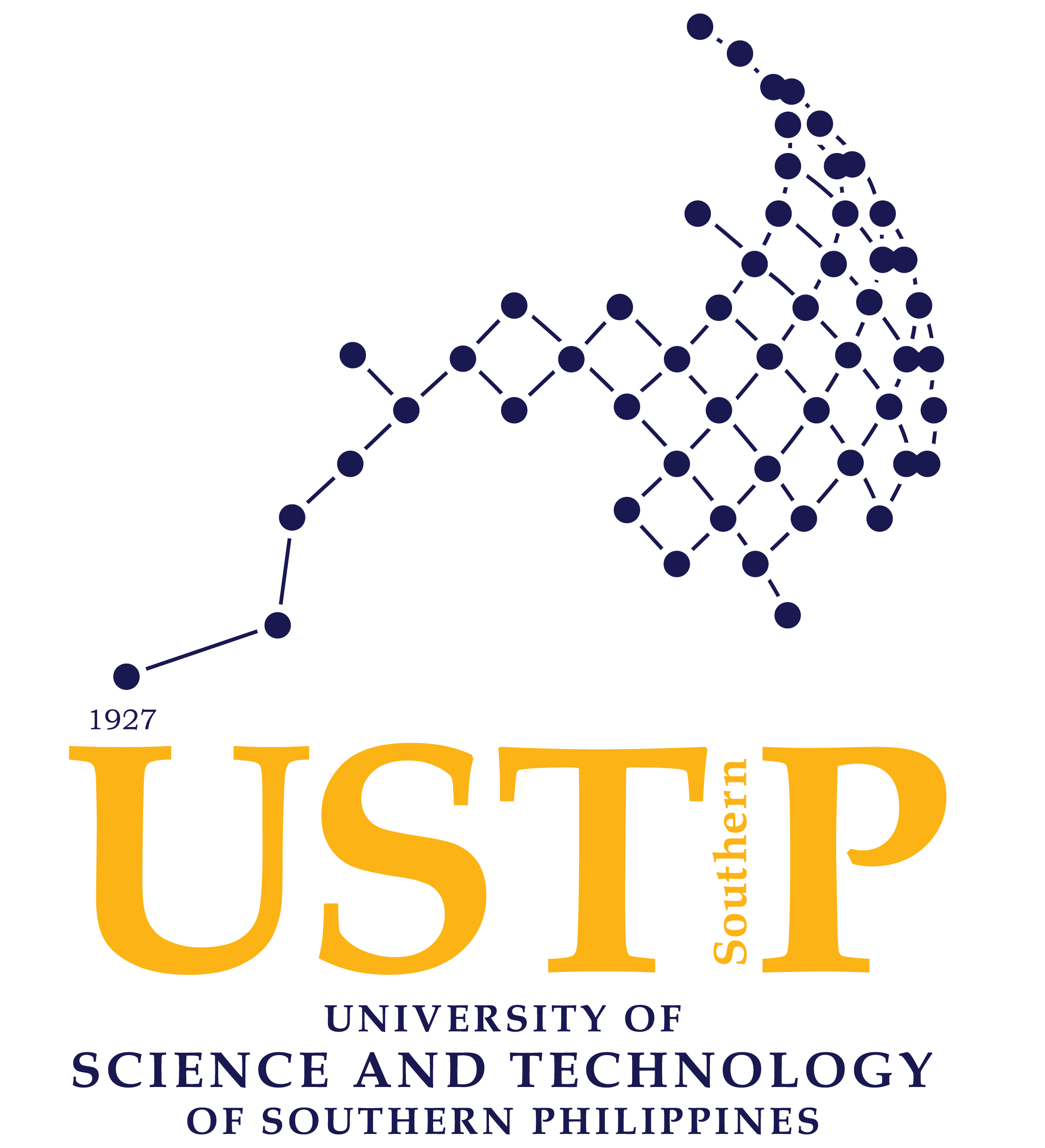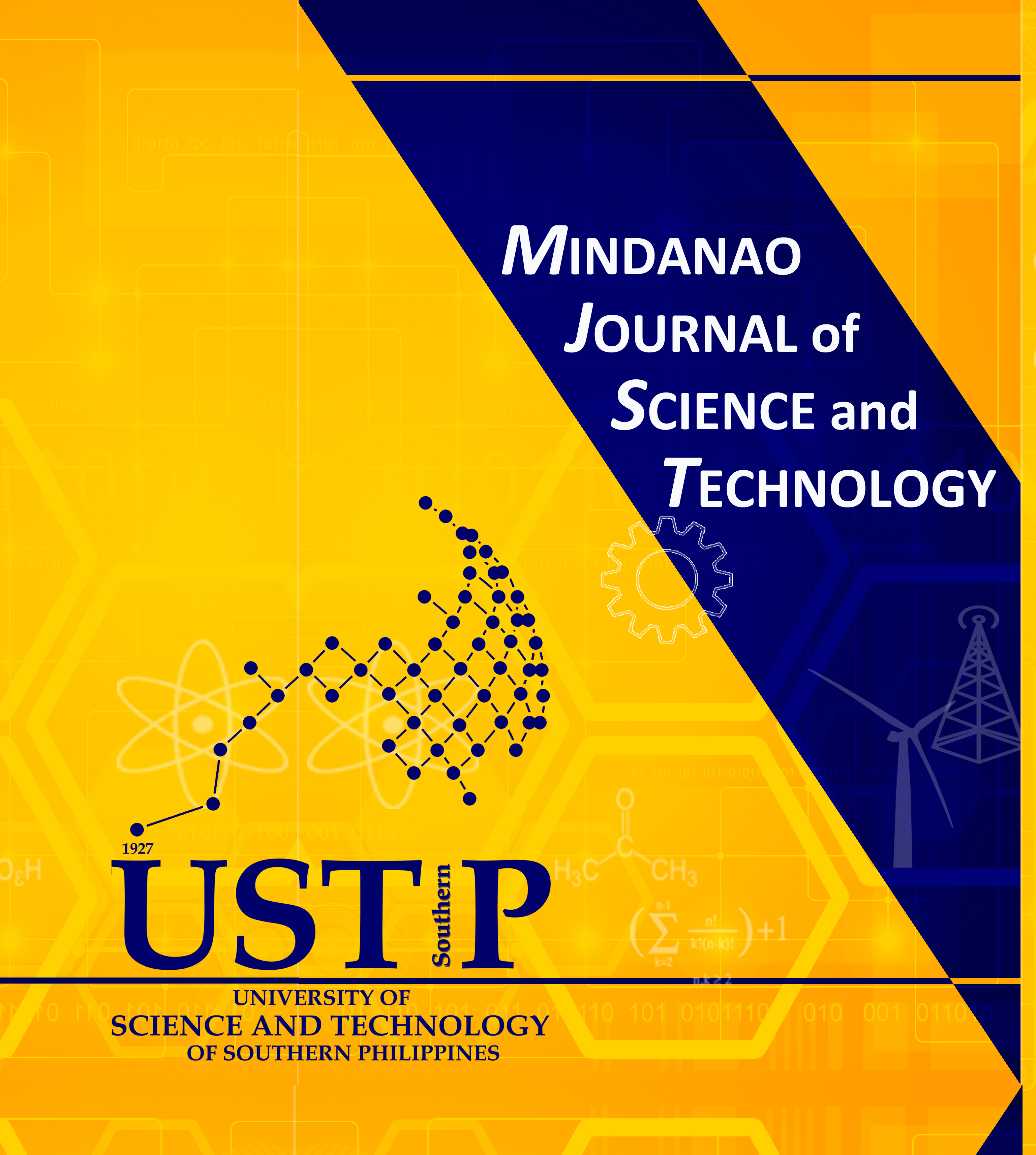Innovative Financing Mechanisms for Delivering Sanitation Infrastructure
Keywords:
sanitation, infrastructure, innovative financing, GhanaAbstract
The study identifies four traditional sanitation financing methods through the use of debt, budgetary allocations, donor funds and community-based organizations. Essentially, public private partnerships (PPPs) and private finance initiatives (PFIs) are the most significant innovative financing approaches among fifteen instruments studied. Subsidies, grants and guarantees were also observed to rank as being important and could be useful in enhancing market efficiency. The application of microfinance and leasing instruments appears interesting and worthy of further research. The findings suggest a growing shift from government supply of sanitation resources to a demand-side approach of private provision. As a contribution to knowledge, the study suggests potential tools that could improve sanitation infrastructure financing and delivery in Ghana. Further research could focus on producing evidence on the true workings and impact of these innovative financing approaches in industry.










